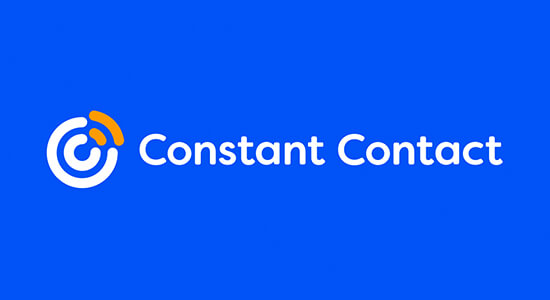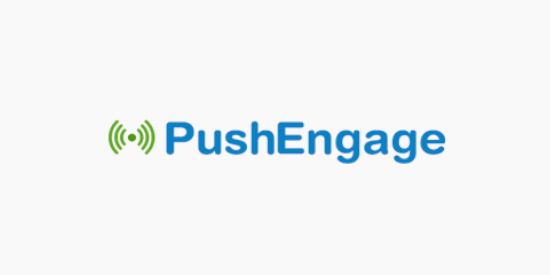Do you want to notify your website subscribers about new posts on your WordPress blog?
Notifying your subscribers about new content helps you stay in touch with your visitors, bring them back to your website, and convert them into customers.
In this article, we’ll show you how you can notify subscribers when new posts are published on your WordPress blog.
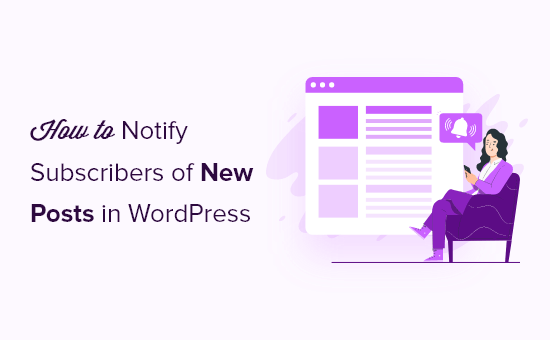
Why Notify Subscribers of New Posts in WordPress?
For most websites, nearly 70% of website visitors will never come back again. By notifying subscribers that you’ve published a new post, they’re likely to return to your WordPress website to read it.
This lets you provide more value and deepen the relationship with your subscribers. For online stores, notifying subscribers of new posts will help you to turn those subscribers into loyal customers.
That being said, let’s look at how you can notify subscribers of your new posts using a few different methods. Simply use the quick links below to jump straight to the method you want to use to send post notifications.
- Send new posts to email list subscribers
- Send subscribers new RSS feed emails
- Send new posts to push notification subscribers
Method 1. Send New WordPress Posts to Email Newsletter Subscribers
Your email list is one of the best ways to notify your subscribers that you’ve published a new blog post.
If you haven’t started your email list yet, then you need to choose the right email marketing service provider to get started.
We recommend using Constant Contact since it’s one of the best email marketing services for small businesses.
It’s easy to use and is the most beginner friendly email marketing service. You get simple tracking and reporting, unlimited emails, social media sharing tools, segmentation, a free image library, and much more.
Plus, it offers unmatched customer support across channels like live chat, email, phone, and more.
For more details on setting up your email list and sending emails, see our guide on how to create an email newsletter the right way.
Constant Contact includes all the tools you need to send your new posts to your email newsletter subscribers. You can even embed your new blog post directly into your email.
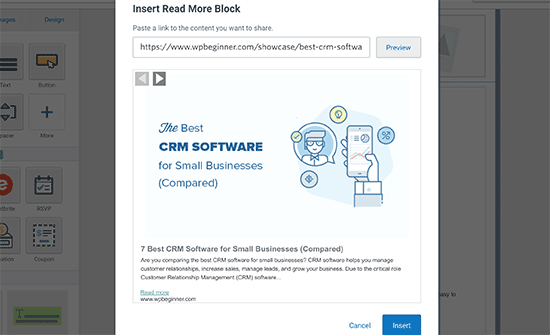
If you’re using a different email marketing service like HubSpot, ConvertKit, Drip, or something else, then the process will be similar.
Method 2. Send an Automatic RSS Email to Your Subscribers
RSS feeds are a technology built in to WordPress that sends out regular updates whenever you publish a new blog post.
RSS feeds work by publishing your latest content in a structured XML document. The document by itself isn’t very readable for humans.
But you can use the RSS feed on your website to automatically send out an email whenever a new blog post is published. That means you wouldn’t need to manually create an email newsletter each time.
To do this, we recommend using Sendinblue. It’s another popular email marketing service that offers a forever free plan to send up to 300 emails a day and supports unlimited email contacts.
You can also easily create email workflows, send transactional emails, and determine the best time of day to send emails.
First, you’ll need to go to the Sendinblue website to create an account. Click the ‘Sign up free’ button to set up your account.
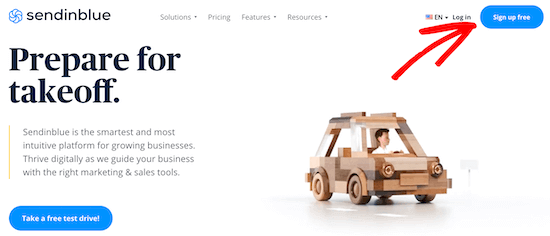
After that, you need to enter an email and password to create your account.
Once you confirm your email address, you’ll be taken to a screen where you can finish creating your profile.
You’ll need to enter your personal and company information and then click the ‘Next’ button.
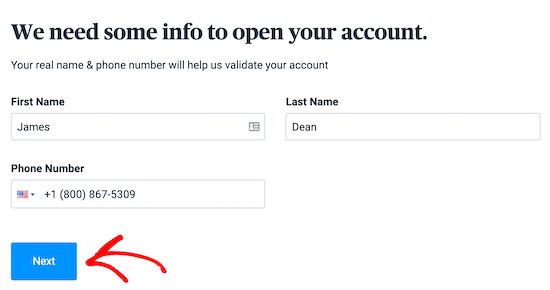
After that, you need to choose your plan.
For this tutorial, we’ll select the Free plan, but you’re welcome to upgrade to a pro plan at this time.
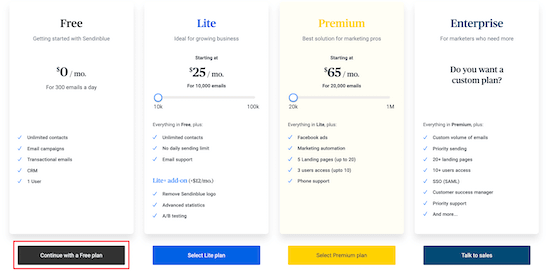
After you’ve created an account, you’ll see your Sendinblue dashboard.
If you didn’t finish your profile during setup, then you’ll be prompted to do so here.
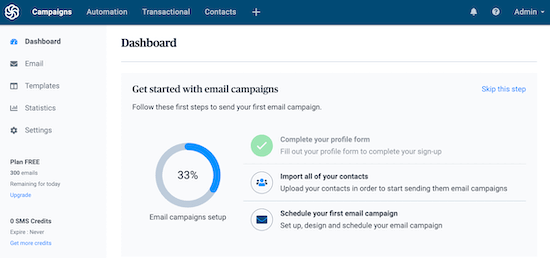
Now, click the ‘+’ button in the top navigation menu.
Then click the ‘Integrations’ menu option below that.
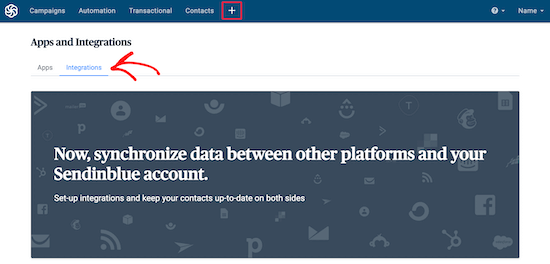
Type ‘RSS’ into the search bar and you’ll see the RSS campaign option.
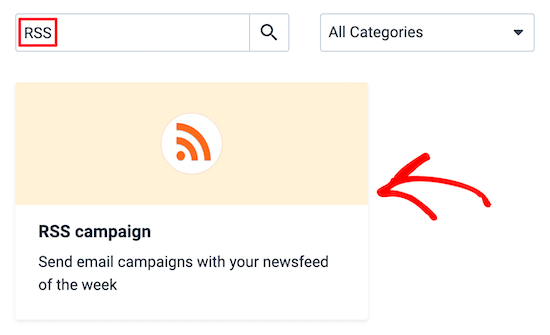
Clicking on ‘RSS campaign’ brings you to a screen where you need to name your integration and click the ‘Create integration’ button.
The name won’t be displayed anywhere, but will help you remember the purpose of the integration.
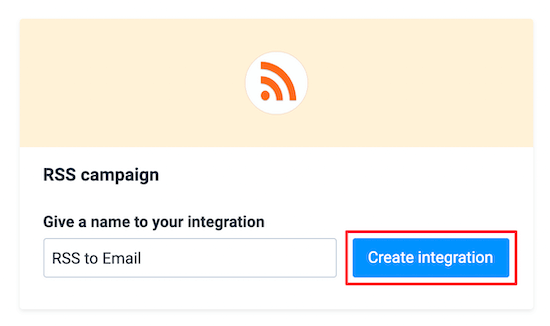
Now you need to configure the settings for your integration.
First, enter the URL for your RSS feed. As a WordPress user, your website already publishes an RSS feed. You can find your RSS feed by simply adding /feed/ to the end of your website’s address.
Then, click the ‘Load RSS feed’ button. You’ll receive a confirmation if it’s loaded successfully.
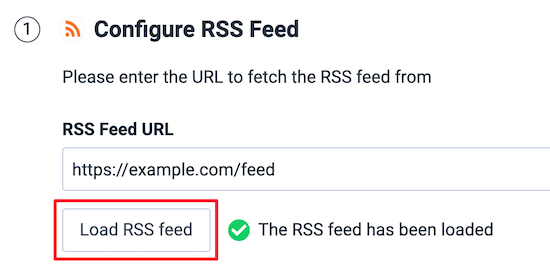
Next, scroll down under your RSS feed to click the ‘Continue’ button.
After that, you can choose to use the default template or choose from an email template you’ve already created.
We recommend using the default template since it’s already set up and formatted the right way.
Then click ‘Confirm email template’.

Next you need to select the email list you want to send the RSS email to.
Simply choose your list from the drop down and click ‘Continue’.
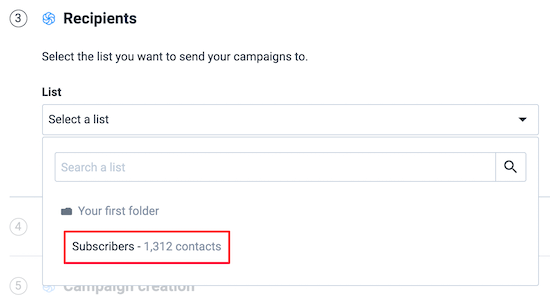
Now you can customize your email campaign settings.
The ‘Campaign Name’ will help you remember what the campaign is for.
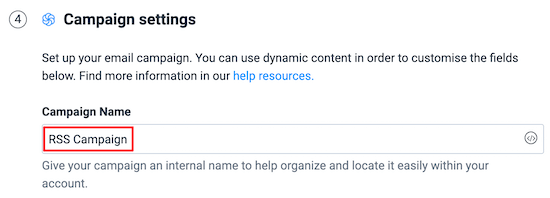
The ‘Subject line’ is what will appear in your subscriber’s inbox. This is the first thing they’ll see, and it needs to be relevant to the content of your email.
You can use the dynamic content fields to generate new subject lines automatically. Simply click the ‘Add a dynamic content’ button and select ‘TITLE’ from the drop down list.
This will automatically add your recent blog post title as the subject line.

For the ‘From Email’, simply select your email address from the drop down list.
This can be the email you used to create an account or another address you’ve added.

The ‘From Name’ can be your name or the name of your company.
This will help your visitors remember who the email is coming from.
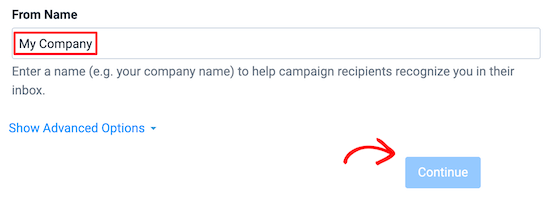
After that, click the ‘Continue’ button.
Next you need to choose the days of the week you want RSS emails to send.
Simply check the boxes for the days of the week you want your new blog post emails to go out.
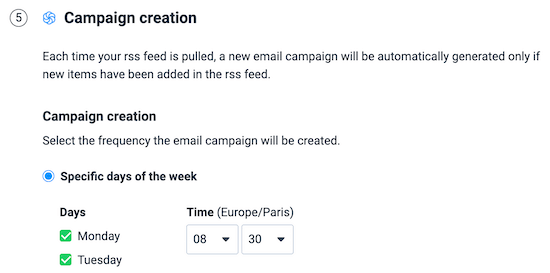
Then make sure the automatic campaign radio button is selected, and click ‘Continue’.
This will have Sendinblue automatically send an email the moment it appears in your RSS feed.
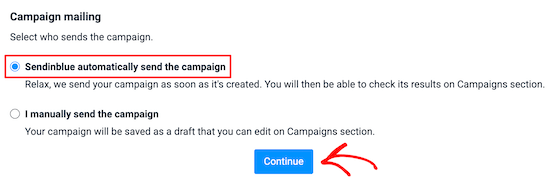
Once you’ve done that, click the ‘Save and activate’ button.
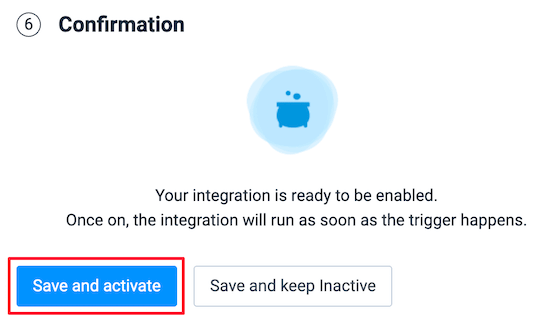
That’s it! Now whenever you publish a new post, it will automatically send an RSS email to your subscribers.
Method 3. Send New WordPress Posts to Push Notification Subscribers
Another way people can subscribe to your website is by subscribing to your push notifications. These popup notifications let you send messages to visitors across desktop and mobile devices.
Push notifications let you reach your visitors the instant a new post is live without waiting until they check their email inbox, which makes these notifications extremely valuable.
Here’s an example of what a post notification looks like for your subscribers:

The easiest way to add push notifications to WordPress is by using PushEngage. It’s the best push notification software in the market used by over 10,000 businesses.
For more details on setting up push notifications, see our guide on how to add web push notifications to your WordPress site.
Once you activate and set up the plugin, push notifications for your new posts will automatically be enabled.
The notification includes the title of the post and a small version of the featured image. When they click the notification, they’ll automatically be taken to your new WordPress blog post.
We hope this article helped you learn how to notify subscribers of new posts in WordPress. You may also want to see our expert picks on the best virtual business phone number apps and our guide on how to register a domain name properly.
If you liked this article, then please subscribe to our YouTube Channel for WordPress video tutorials. You can also find us on Twitter and Facebook.
The post How to Notify Subscribers of New Posts in WordPress (3 Ways) appeared first on WPBeginner.
